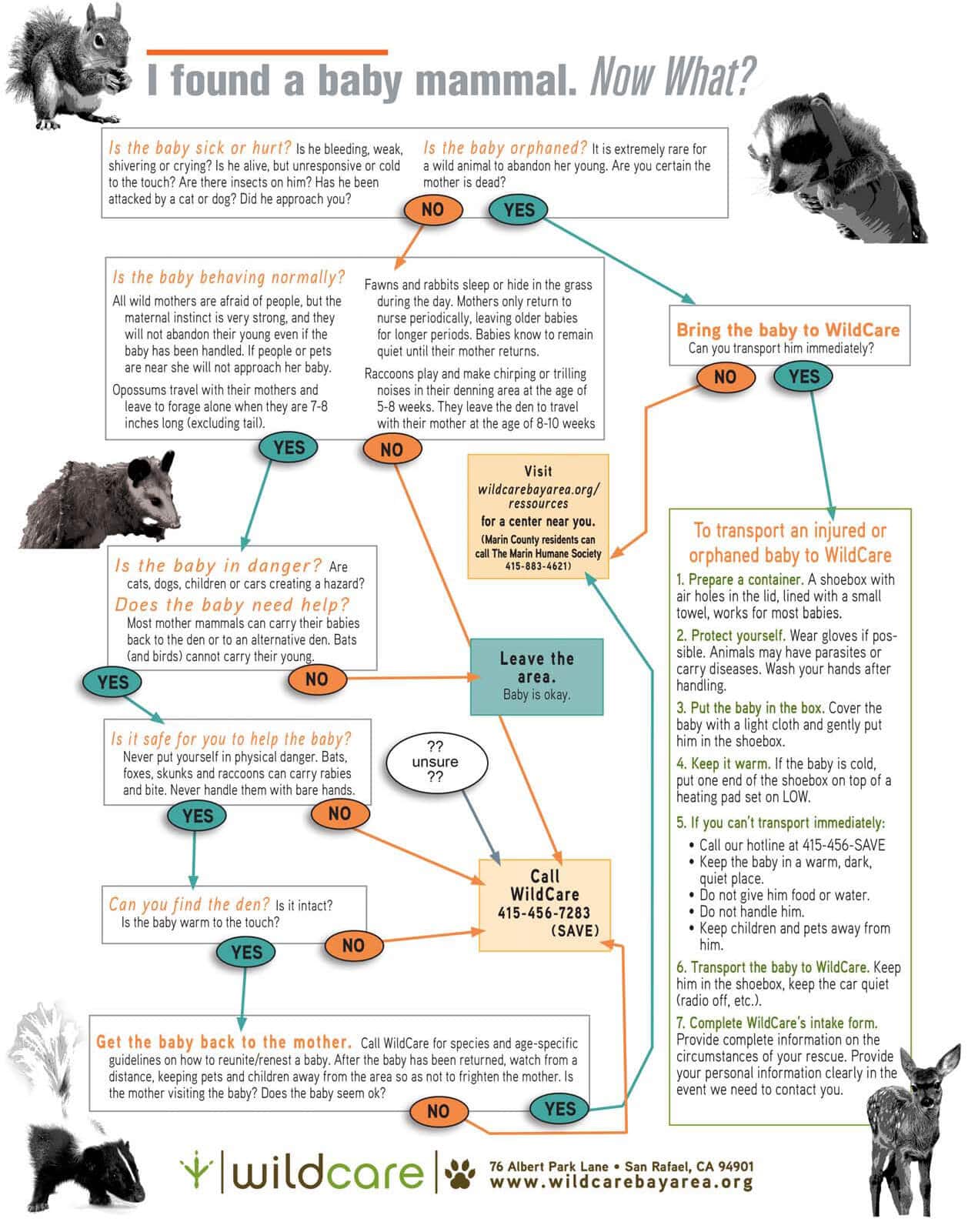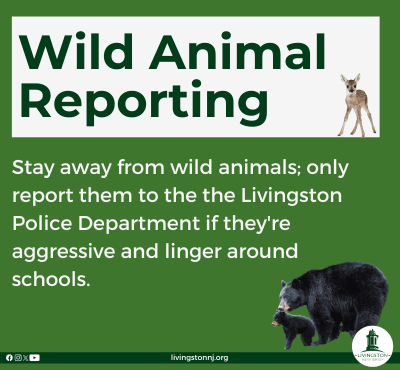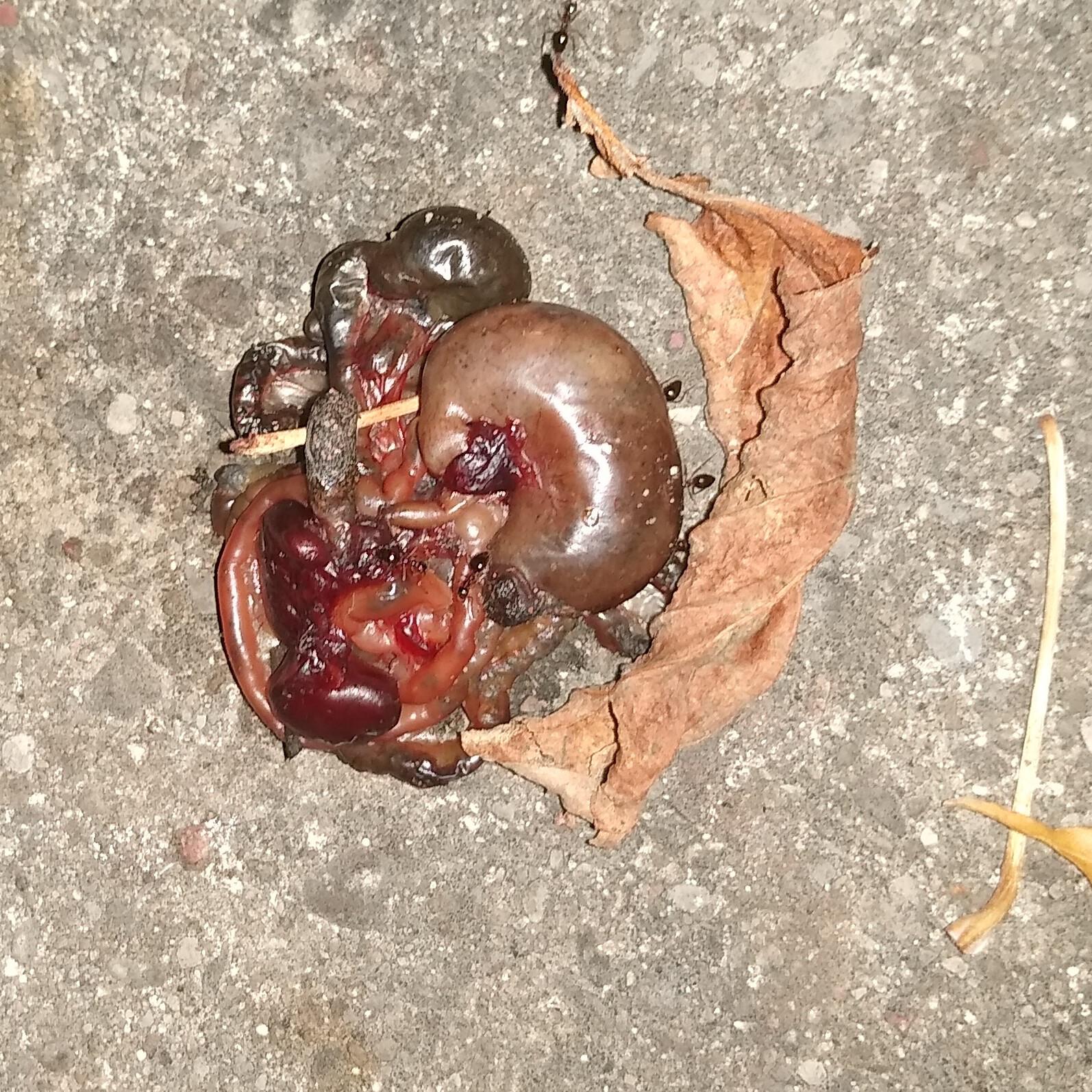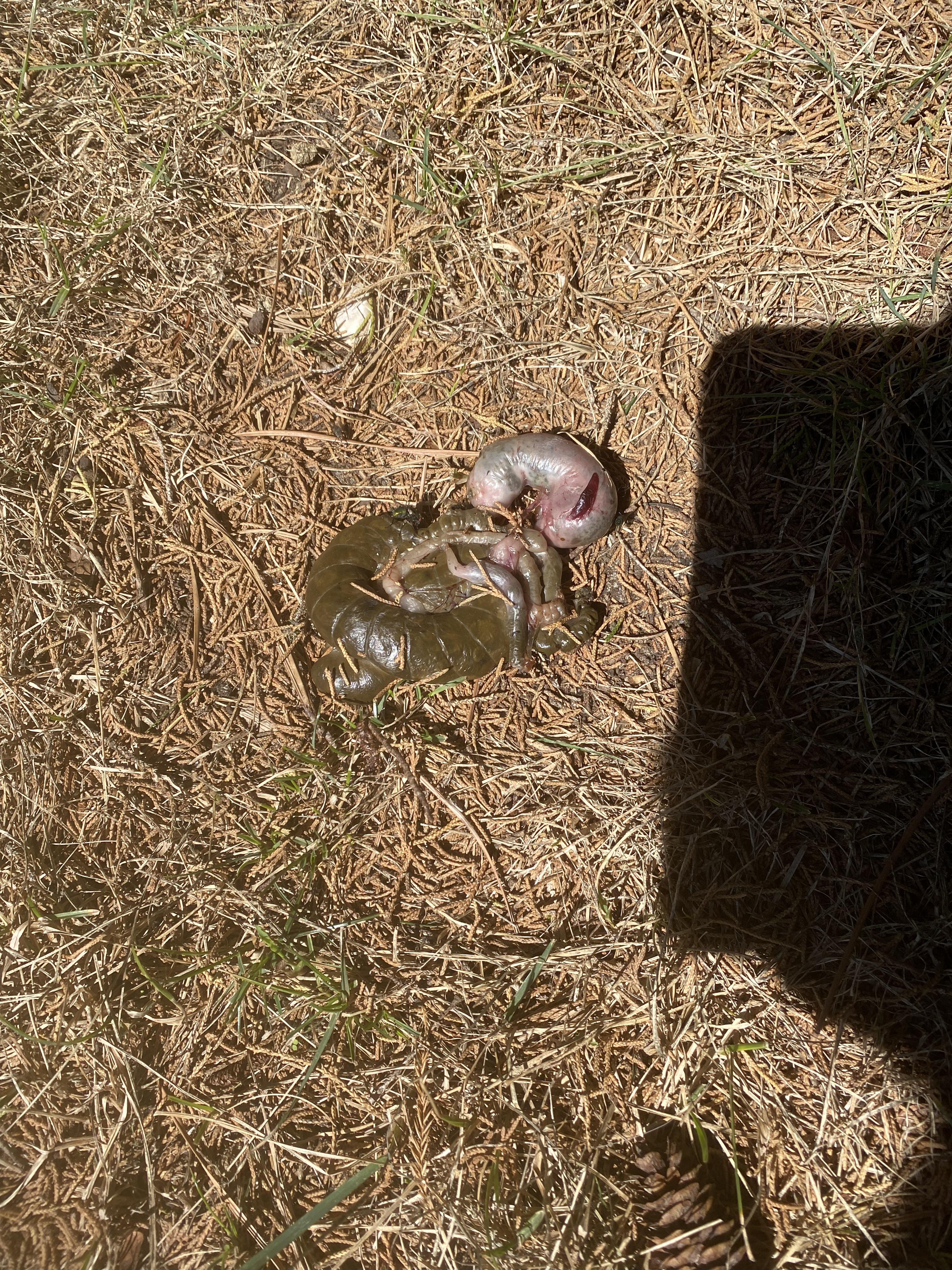How to Report a Found Wild Animal
Encountering a wild animal that appears injured, sick, or orphaned can be both concerning and confusing. Knowing how to respond in these situations is crucial for ensuring the animal’s safety and well-being while minimizing risks to yourself and your surroundings.
This comprehensive guide explains how to report a found wild animal, from assessing its condition to contacting the right authorities. At MyTopDeals10.com, we strive to provide actionable insights that empower you to act responsibly and effectively.
Why Reporting Found Wildlife Matters
Wild animals play a vital role in ecosystems, and helping an injured or distressed animal can make a significant difference in their survival. However, improper handling or intervention can harm both the animal and the person trying to help.
“Knowing the proper steps to take when you find a wild animal in need ensures their safety and contributes to wildlife conservation.”

Assessing the Situation
Before taking action, it’s essential to evaluate the condition of the animal and determine if it genuinely needs help. Not all animals found alone are in distress.
1. Determine if the Animal Needs Help
- Look for Visible Injuries: Signs such as bleeding, broken limbs, or difficulty moving are clear indicators that the animal requires assistance.
- Behavioral Clues: Shivering, crying, or wandering aimlessly might signal distress.
2. Recognizing Signs of Distress
- Unusual Behavior: Animals that appear lethargic, disoriented, or overly friendly could be sick or injured.
- Young Animals: Fawns, baby birds, and other young animals are often left alone temporarily by their parents. If the animal looks healthy, observe it from a distance for a few hours to see if the parent returns.
“Many young animals are not actually orphaned but are temporarily left alone as part of natural parenting behaviors.”

Steps to Report a Found Wild Animal
When you determine the animal needs intervention, follow these steps to report it to the appropriate authorities:
1. Contact Local Wildlife Authorities
Reach out to a wildlife rehabilitation center, animal control, or relevant authorities based on your location:
- Washington State: Call the WDFW Enforcement office at 360-902-2936 or email WILDCOMM@dfw.wa.gov.
- California: Contact the San Diego Humane Society at 619-299-7012 for wildlife assistance.
- Florida: Report to the Wildlife Alert Hotline at 1-888-404-FWCC (3922) for species like manatees or dolphins.
2. Provide Detailed Information
Be prepared to share specific details about the situation:
- The animal’s exact location (use landmarks or coordinates).
- Description of the animal’s condition (injuries, behavior, etc.).
- Any observed threats or hazards (e.g., nearby predators or traffic).
3. Follow Instructions
Once you contact a professional, follow their guidance. They may advise you to:
- Wait and observe the animal.
- Safely contain the animal until help arrives.
- Provide specific care steps, such as keeping the animal in a shaded area.
“Wildlife experts are trained to assess these situations and will provide the best advice to ensure the animal’s safety.”

Safety Tips When Approaching Wild Animals
When dealing with wild animals, prioritize safety—for yourself and the animal. Injured or scared animals can act unpredictably.
1. Wear Protective Gear
- Always wear gloves to avoid direct contact with the animal.
- Use a towel or blanket if you need to move or contain the animal.
2. Minimize Stress for the Animal
- Avoid loud noises or sudden movements.
- Keep pets and children away from the area.
- Do not attempt to feed or hydrate the animal unless directed by a professional.

Stay tuned for the second half of this article, where we’ll explore legal and ethical considerations, answer frequently asked questions, and provide resources to help you take appropriate action when encountering wildlife in need.
For pet-inspired products and tools that celebrate wildlife, visit Found My Animal. Don’t forget to use the code “mytopdeals10” to save 10% on your purchase!

Understanding Legal and Ethical Considerations
1. Why Wild Animals Shouldn’t Be Kept as Pets
It’s natural to feel the urge to care for an injured or orphaned wild animal, but doing so can have unintended consequences:
- Legal Restrictions: Many regions prohibit keeping wild animals without proper permits.
- Animal Welfare: Wild animals require specialized care and environments to thrive. Removing them from their natural habitat may harm their development or survival chances.
“Wild animals belong in the wild. When you encounter one in need, always prioritize professional care to ensure their well-being.”
2. The Role of Wildlife Rehabilitators
Wildlife rehabilitators are trained professionals who understand how to handle and care for injured or orphaned animals. They:
- Provide medical treatment and proper nutrition.
- Rehabilitate animals for release back into the wild whenever possible.
Explore More: Learn about the work of wildlife rehabilitators by visiting trusted organizations like the National Wildlife Rehabilitators Association.
FAQs About Reporting Wild Animals
1. Who Should I Call If I Find an Injured Animal?
- Call local wildlife authorities, animal control, or a licensed rehabilitator. For immediate threats, reach out to the appropriate state or regional agency.
- If you’re unsure who to contact, the Wildlife Rehabilitation Information Directory is a helpful resource for locating nearby professionals.
2. What Should I Do If I Can’t Reach a Wildlife Expert?
- Keep the animal in a safe, quiet location away from pets and people.
- Avoid giving food or water unless explicitly instructed.
- Monitor the situation and try contacting other local agencies or organizations.
3. Can I Care for the Animal Temporarily?
- In most cases, it’s best to leave the care to professionals. Attempting to handle the animal without proper knowledge may cause more harm than good.
“Even with the best intentions, improper care can jeopardize the animal’s chances of recovery and release.”

Proactive Steps to Support Wildlife
Beyond reporting animals in need, you can play an active role in supporting local wildlife and ecosystems.
1. Create a Wildlife-Friendly Yard
- Plant native species to provide food and shelter for local wildlife.
- Install water sources like birdbaths to offer hydration, especially during hot months.
2. Support Wildlife Organizations
- Donate to or volunteer with wildlife conservation groups.
- Share resources and information to educate others about wildlife safety and preservation.
3. Choose Sustainable, Wildlife-Inspired Products
Explore eco-friendly accessories and products that celebrate wildlife and support conservation efforts. Visit Found My Animal and use the discount code “mytopdeals10” to save 10% on beautifully crafted, pet-safe items.

Conclusion
Reporting a found wild animal is an act of compassion and responsibility. By following the steps outlined here—assessing the situation, contacting the right authorities, and prioritizing professional care—you’re ensuring the best possible outcome for the animal and contributing to wildlife conservation efforts.
At MyTopDeals10.com, we’re committed to providing expert advice and exclusive deals to help you make informed, impactful decisions. For tools, products, and insights that support your lifestyle and the natural world, explore our comprehensive reviews and resources.
Take the next step today by visiting Found My Animal and using the code “mytopdeals10” to save on meaningful purchases that give back to nature. Together, we can make a difference!



